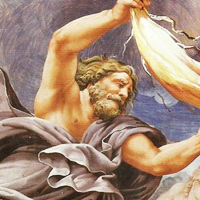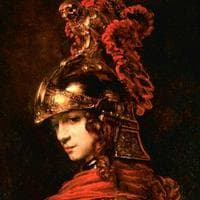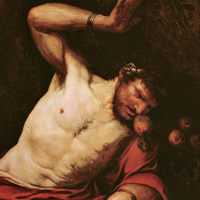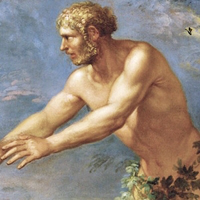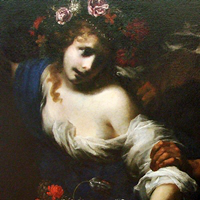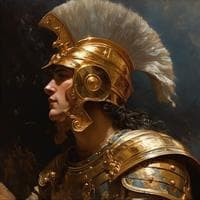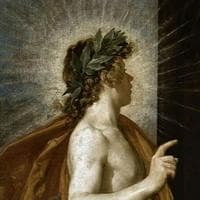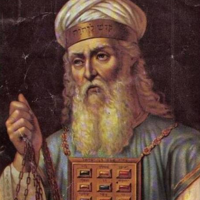Rhea typ osobowości MBTI
Osobowość
"Jaki typ osobowości jest {profilename}? {profilename} jest typem osobowości {mbti} w mbti, {enneagram} - {iv} - {tritype} w enneagram, {big5} w Big 5, {sociionics} in Socionics."
Biografia
Rhea was originally worshipped as the Great Goddess of Minoan Crete, and is an example of the Great Mother goddess who took many names and shapes throughout the ancient Middle East. Above all, she symbolized fertility, in which her influence extended over plants, animals, and humans. She also controlled the varying seasons, caused products of the soil to nourish, and even protected men in battle. Rhea appears as an immodestly dressed young woman of great beauty with a voluptuous figure. Eventually, she became the wife of Cronus and gave birth to the Olympian gods. After Cronus swallowed Hestia, Hera, Demeter, Hades, and Poseidon, she saved Zeus by substituting a rock in swaddling clothes. Rhea's anguish over the loss of her first five children was ended when Zeus grew to manhood and led a revolt against Cronus. Since Zeus seized his father's throne, Rhea has yielded much of her power and many of her responsibilities to her godly children. The gods have given her a palace that exceeds even the one she shared with Cronus during his reign, and they seek her out for advice when they can't turn to each other. Rhea doesn't really have a realm of her own, nor a religion, nor any proxies. She simply advises and watches; still, she draws strength from the entirety of the Olympian pantheon, and is, nevertheless, still revered as the mother of the gods, and sometimes answers appeals concerning fertility or motherhood, earning the veneration of mortals. Omens from Rhea generally take the form of dreams.

